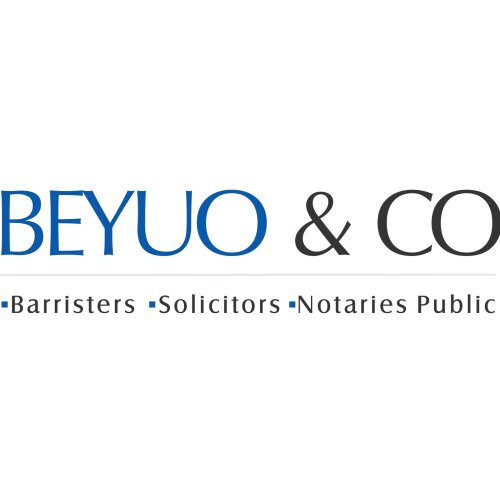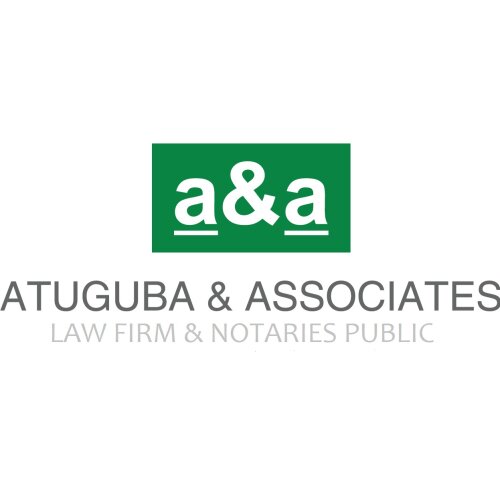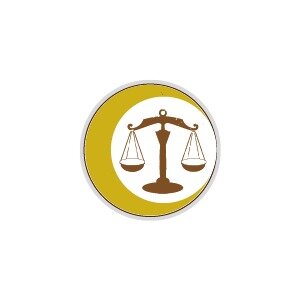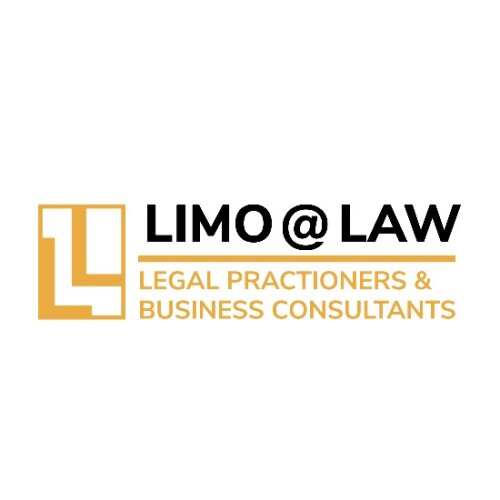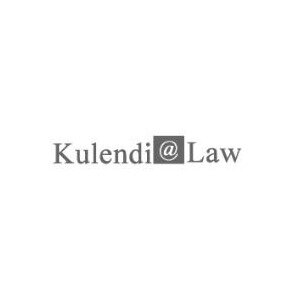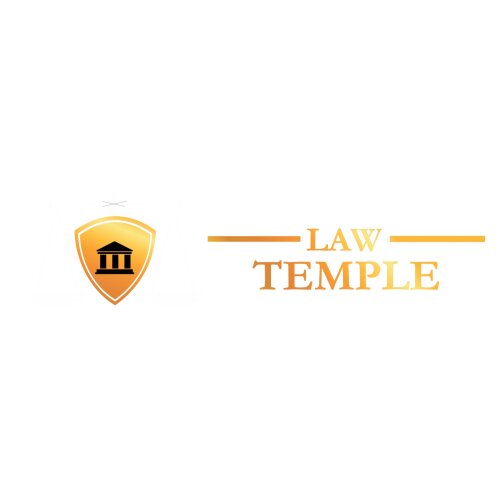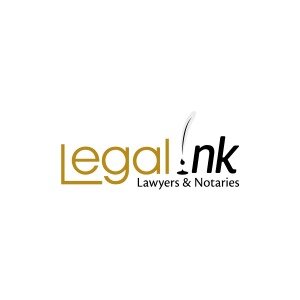Best Employer Lawyers in Accra
Share your needs with us, get contacted by law firms.
Free. Takes 2 min.
List of the best lawyers in Accra, Ghana
About Employer Law in Accra, Ghana
Employment law in Accra, Ghana, is primarily governed by the Labour Act, 2003 (Act 651), which sets out the rights and duties of employers and employees, regulates employment contracts, and addresses issues such as termination of employment, redundancy, and unfair dismissal. It ensures that fair labor practices are adhered to in various sectors and industries. The law also provides guidelines for trade unions, collective bargaining, and occupational safety and health standards (OSH). Additionally, there are specific regulations and statutory instruments that may affect certain sectors like mining or oil and gas with their unique employment challenges.
Why You May Need a Lawyer
Business owners and workers in Accra may find themselves needing legal assistance in situations such as drafting and reviewing employment contracts, resolving disputes over unfair dismissals or redundancies, handling cases of discrimination or sexual harassment in the workplace, or ensuring compliance with local labor laws and regulations. Legal advice can also be crucial when dealing with industrial actions, such as strikes or lock-outs, and when navigating complex labor issues that may arise in mergers and acquisitions or during the insolvency of an employer.
Local Laws Overview
Key aspects of local laws relevant to employers in Accra include the Labour Act's provisions on fair and unfair termination of employment, workers' compensation for occupational diseases and injuries, and acceptable working conditions and hours. Employers are required to ensure that their employees are provided with a written contract within two months of their employment starting and that they adhere to minimum wage laws. Local labor laws also outline procedures for resolving labor disputes, including mandatory negotiations and, if necessary, arbitration through the National Labour Commission.
Frequently Asked Questions
What constitutes an unfair termination of employment in Accra?
An unfair termination occurs when an employee is dismissed without just cause or due process as outlined in the Labour Act. This can include dismissals based on discrimination, lack of proper notice, or without following the prescribed disciplinary procedures.
Are employers required to pay severance in Accra?
Yes, employers are required to pay severance, also known as redundancy pay, when an employee is made redundant under conditions stipulated in the Labour Act.
What are the minimum wage requirements?
Minimum wage rates are set by the National Tripartite Committee and employers in Accra must comply with these rates. The rates are subject to change, so it is important for employers to stay updated with the latest figures.
How are working hours regulated in Accra?
The standard working hours according to Ghanaian law should not exceed eight hours a day or forty hours per week, excluding break times.
What are the rules regarding annual leave?
Employees are entitled to at least fifteen working days of leave with full pay in a calendar year after twelve months of continuous service with the same employer.
How does one handle a case of discrimination in the workplace?
Discrimination in the workplace is prohibited under Ghanaian law. Employees who experience discrimination should file a complaint with the employer or proceed with a case through the National Labour Commission or the courts if necessary.
What should an employment contract contain?
An employment contract should contain details such as the job description, salary, benefits, working hours, terms of termination, and any other relevant conditions of service.
How can employers ensure their compliance with OSH standards?
Employers should regularly assess workplace risks, implement safety measures, and conduct training programs to educate employees on OSH standards. Compliance with specific OSH regulations for different industries is also essential.
Can employees in Accra form or join a trade union?
Yes, employees have the right to form or join a trade union of their choice for the protection of their interests, as per the Labour Act.
What is the role of the National Labour Commission?
The National Labour Commission is responsible for resolving disputes between employers and employees, ensuring compliance with labor laws, and supporting fair labor practices in Ghana.
Additional Resources
Those who seek legal assistance may consider contacting the National Labour Commission for guidance on labor disputes or information on labor laws. Additionally, the Ghana Employers' Association (GEA) provides resources and support for employers. Law firms and legal practitioners in Accra specializing in labor law can also offer comprehensive advice and represent clients in negotiations or litigation.
Next Steps
If you need legal assistance with an employer issue in Accra, the first step is to consult with a lawyer familiar with Ghanaian labor laws. They can offer personalized advice, help you understand your rights and obligations, and represent you in any necessary legal proceedings. Always ensure that you hold all relevant employment documentation, any evidence of disputes or breaches of contract, and a record of any incidents that may be pertinent to your case.
Lawzana helps you find the best lawyers and law firms in Accra through a curated and pre-screened list of qualified legal professionals. Our platform offers rankings and detailed profiles of attorneys and law firms, allowing you to compare based on practice areas, including Employer, experience, and client feedback.
Each profile includes a description of the firm's areas of practice, client reviews, team members and partners, year of establishment, spoken languages, office locations, contact information, social media presence, and any published articles or resources. Most firms on our platform speak English and are experienced in both local and international legal matters.
Get a quote from top-rated law firms in Accra, Ghana — quickly, securely, and without unnecessary hassle.
Disclaimer:
The information provided on this page is for general informational purposes only and does not constitute legal advice. While we strive to ensure the accuracy and relevance of the content, legal information may change over time, and interpretations of the law can vary. You should always consult with a qualified legal professional for advice specific to your situation.
We disclaim all liability for actions taken or not taken based on the content of this page. If you believe any information is incorrect or outdated, please contact us, and we will review and update it where appropriate.





